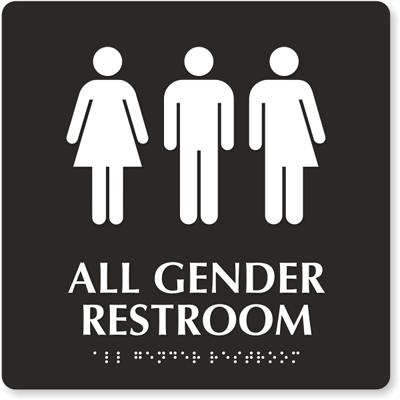Rachel Stone Co Editor Chief The political beliefs of the Class of 2013 circa 2008 belonged completely to our parents. That didn’t stop anyone from arguing for Obama or for McCain on the basis of policy (even though we obviously didn’t know the differences between the two), the future (even though the furthest thing we had to look forward to was Freshman year), and the economy (even though our parents still gave us allowance money). We didn’t know what we were saying, but we hoped saying it loudly would stop people from asking what we meant. Fast forward to 2012. Students in the hallways debate the subtleties of Romney’s “No Apologies” foreign policy versus Obama’s healthcare plan, cross-reference campaign strategies and form re-election clubs. Classes like Honors United States History have taken on new levels of importance, and the Honors Politics class’ twitter feed has become the stuff of future Latin legend (#stayinformed #follow@LatinHonPol). This emphasis on politics during an election season may not be a new trend, and there were far more controversial election seasons before 2012, but for most of us, such a sudden increase in current events is something unexpected. But is this focus on politics always good for the student body?
Categories:
Some Apologies?
September 14, 2012
There are plenty of reasons it isn’t. Latin School is very much a city school, in that most of its student body lives within the predominately liberal Chicago city limits. Latin doesn’t have a Romney re-election campaign club, there was a disproportionate turnout at the Day of Service classroom information sessions, and there is a pretty clear Democratic majority in both students and teachers. Those who support the Romney/Ryan card are at a disadvantage in terms of representation (and at times respect), which can be problematic for high schoolers wishing to forge their own political identities.
By nature, politics put people on defense. With more platforms for students to voice their political opinions, there are bound to be more conflicts. No one wants to hear his or her opinions being criticized, and in an increasingly partisan country, criticism has become synonymous with discussion; as someone who has observed an innocent conversation about Ryan’s voucher system devolve into a profanity-laced appeal to liberty in the middle of the cafeteria, I know Latin isn’t immune.
But yet, we are the generation of partisan politics. Not since the Civil War has the country been so fundamentally divided, but now we have televised conventions and talks shows and twitter to deal with (#punditpolitics #actuallypleasefollow@LatinHonPol). We will feel the effects of this presidential election like no other generation has felt before us, and for the first time for some, members of the student body will be able to vote.
I won’t be in high school for much of the next presidential term. I won’t be able to depend on my parents for stability and allowance money, and I certainly can’t ask them for their political opinions. For me at least, Latin’s focus on politics now is completely necessary. In an environment where people are able to admit they don’t know enough but would like to learn, where people can have the ability to argue within academic settings, and where there is always freedom of expression, we can take stabs at determining what issues we are truly passionate about.
Politics can force people and countries apart, but (clichés aside) politics can also become a common ground. The future is something both teachers and students can talk (and tweet) about; it’s real, it’s tangible, and it affects all of us relatively equally.
In some ways, Latin hasn’t changed much since 2008. It’s still full of emphatic speakers and fervent advocates; it’s full of people who want to take charge despite their age, and it’s still got a few people who have absolutely no idea what they’re talking about. And now, in an age where presidential candidates hope that proclaiming their arguments loudly enough will stop people from asking what they mean, we can answer back.
]]>
0

















































